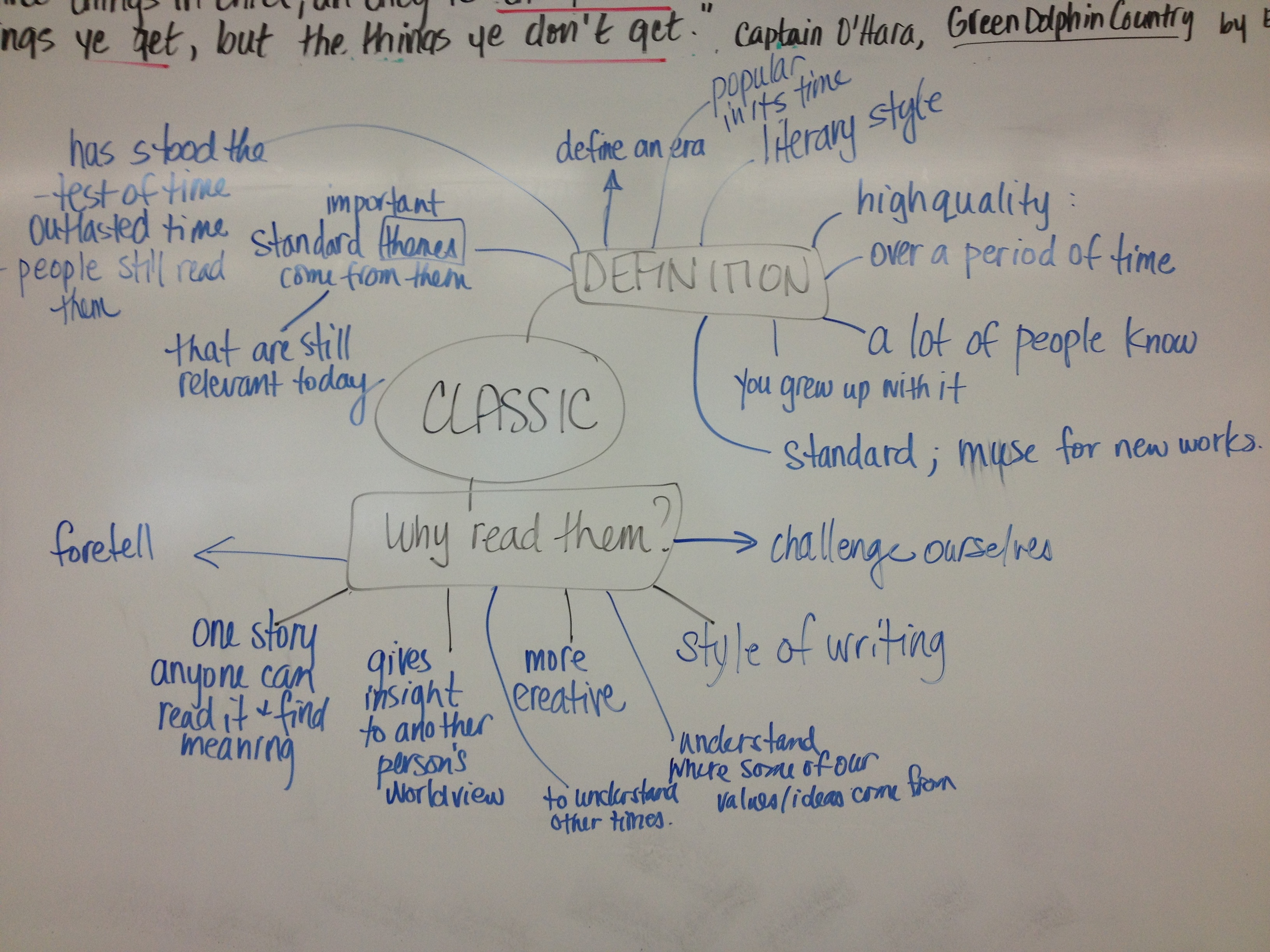

In addition, anexamination of the feminist angle of the novel, and the way in which this clashes with its historical setting, suggest an unconventional approach to the representation of oppressed groups.

It uses postmodern theorists such as Lyotard, but predominantly Baudrillard and his ideas of Simulation and Simulacra, to elucidate ways in which Condé’s novel questions the ways in which reality is understood and depicted in fiction. This paper examines the ways in which this novel can be considered postmodern. This particular choice can be considered political appropriation, an idea which Condé deconstructs as she uses. Unlike most fictional and non-fictional accounts of these events, Condé’s novel uses the perspective of a non-white person. Maryse Condé’s 1987 novel I, Tituba, Black Witch of Salem presents a fictionalised account of the historical events of the 1692 witch trials in Salem, Massachusetts.


 0 kommentar(er)
0 kommentar(er)
